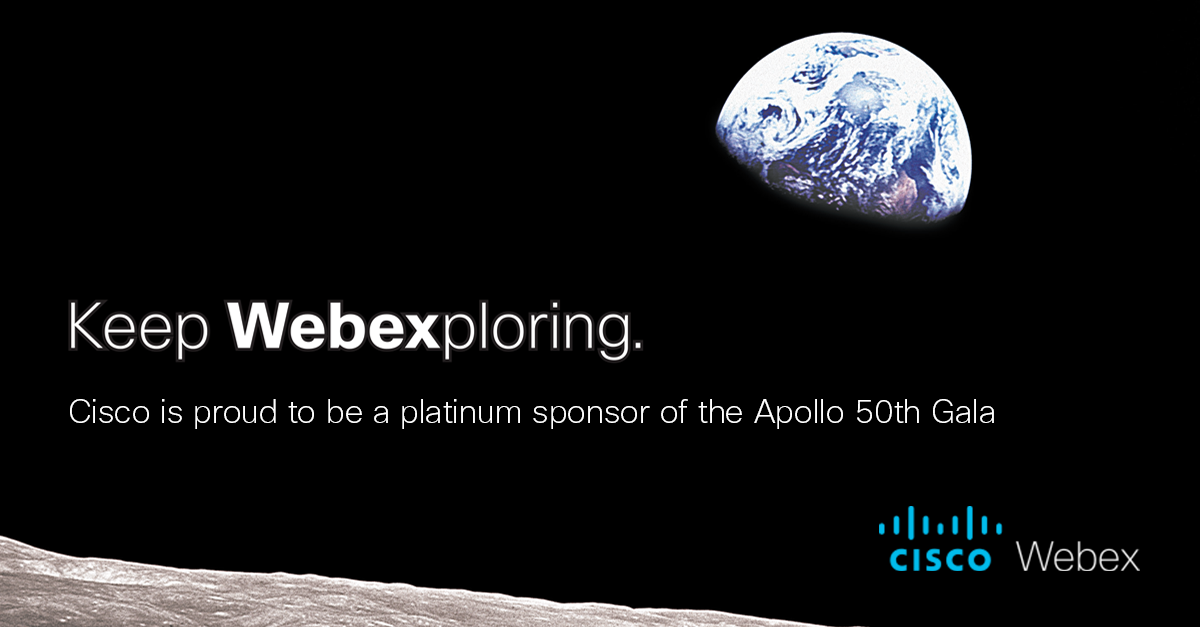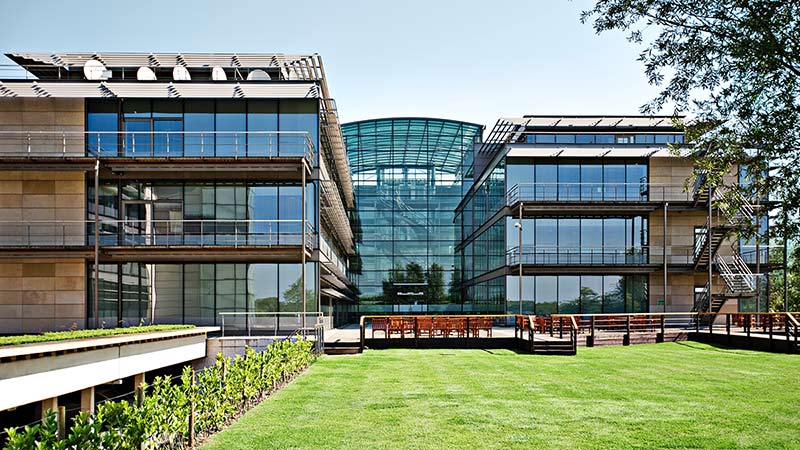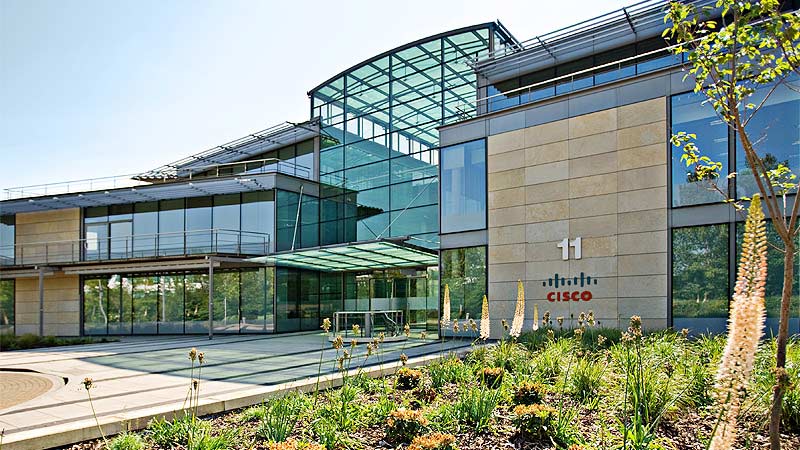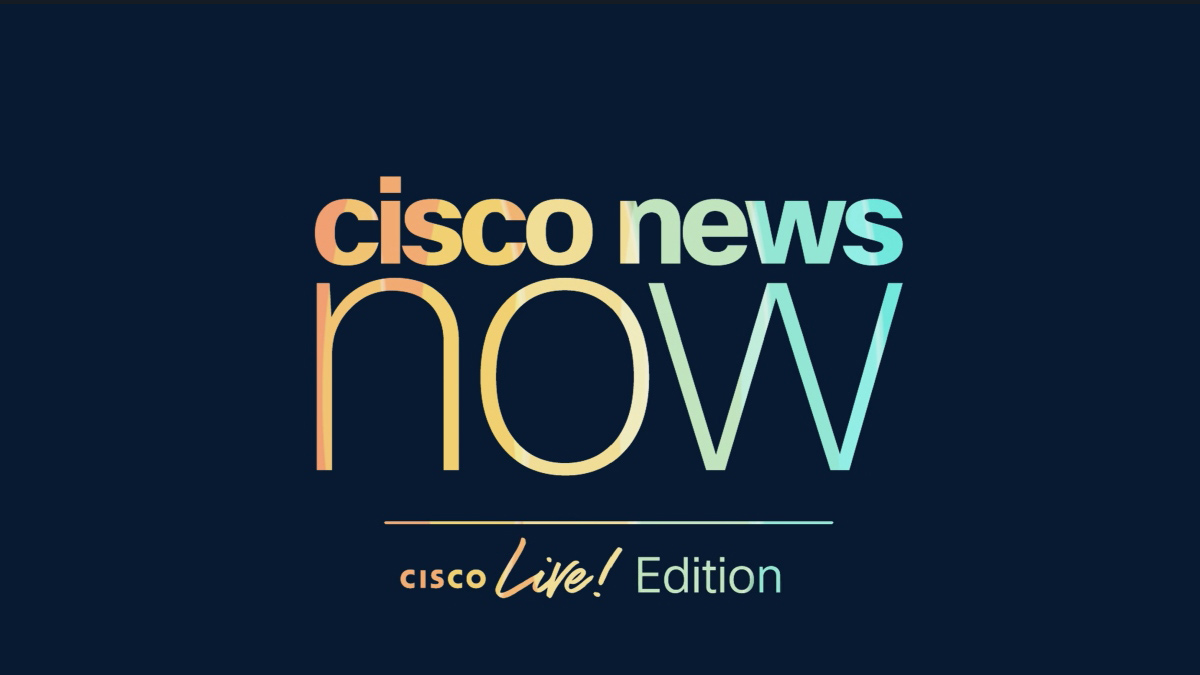Orlando FL — Fifty years ago next week, a Saturn V rocket launched the Apollo 11 and the world was never the same. To mark the momentous occasion that led to man’s first steps on the moon, the Apollo 50th Gala will take place on July 16 at the iconic Apollo/Saturn V Center at the Kennedy Space Center Visitor Complex.
Most of us remember the names of Neil Armstrong and Buzz Aldrin, but it took a huge team of 400,000 to make Apollo 11 a success. A special panel presentation will take place during the gala to bring more of the team back together to reconnect, reminisce and reflect on the teamwork that got man on the Moon. Cisco Systems, Inc. will use its Cisco Webex technology to maximize the breadth and depth of the panel.
And thanks to Webex, you, too, can watch the reunion live. Go to cisco.com starting at 8:45 pm eastern time July 16. You can also watch it on Facebook, Twitter, LinkedIn or YouTube at that time.
Webex will connect the following astronauts, mission control personnel, satellite trackers and recovery specialists:
Apollo astronauts at the Kennedy Space Center.
More than 500 guests will attend the gala celebration. The following Apollo legends are currently slated to appear at the gala and will be connected to Australia and the USS Hornet via Cisco Webex:
- Mike Collins, Apollo 11 astronaut. His second spaceflight was as the Command Module Pilot for Apollo 11. While he stayed in orbit around the Moon, Neil Armstrong and Buzz Aldrin left in the Apollo Lunar Module to make the first crewed landing on its surface.
- Charles Duke, Apollo 16 astronaut. As Lunar Module Pilot for Apollo 16 in 1972, he became the tenth and youngest person to walk on the Moon. Duke has logged 4,147 hours flying time, which includes 3,632 hours in jet aircraft and 265 hours in space, plus 20 hours and 15 minutes of extravehicular activity. He is currently chairman of the board of directors of the Astronaut Scholarship Foundation.
- Rusty Schweickart, Apollo 9 astronaut. Schweickart was the Lunar Module Pilot on the 1969 Apollo 9 mission, the first manned flight test of the lunar module, on which he performed the first in-space test of the portable life support system used by the Apollo astronauts who walked on the Moon.
- Gerry Griffin, Apollo flight director. Griffin was a Flight Director in Mission Control and served in this capacity for all Apollo manned missions. He was Lead Flight Director for three lunar landing missions: Apollo’s 12, 15 and 17. During the flight of Apollo 13, Griffin was scheduled to lead the lunar landing team in Mission Control. When the landing was canceled after the oxygen tank explosion, he led one of the teams of flight controllers who were responsible for the safe return of the astronauts.
Satellite Trackers in Canberra Australia.
To ensure NASA could still communicate with the Apollo crew as the Earth rotated, it needed three radio telescopes in different parts of the world. One of these was in Australia, and the team there is most famous for being the ones who received and relayed to the world the first historic TV images of astronaut Neil Armstrong setting foot on the Moon on July 20, 1969. The team of “trackers” there went to great lengths to get that signal – battling extremely challenging local storms to save the day.
The following members of the 1969 Australian crew are slated to appear at the gala via Webex:
- John Saxon. John supported all the Apollo missions at the main Operations Console and had the unique experience of talking to astronauts John Young and Charles Duke on the lunar surface during Apollo 16.
- Mike Dinn. As deputy director, Dinn was actively involved in Apollo missions 7 through 14.
- Hamish Lindsay. Author of Tracking Apollo to the Moon, Lindsay specialized in timing, voice communications and ranging during the Mercury, Gemini and Apollo missions.
Recovery specialists aboard the USS Hornet in San Francisco Bay.
The USS Hornet recovered the Apollo 11 astronauts from the Pacific Ocean after their splashdown on July 24, 1969.
The following members of the USS Hornet recovery crew are slated to appear at the gala via Webex:
- John McLachlan, Underwater Demolition Team (UDT) swimmer. McLachlan participated as a swim team member in the splashdown recoveries of the Apollo 8 and Apollo 11 missions. For the Apollo 11 recovery, McLachlan’s helicopter and UDT team was the first unit on the scene of the bobbing spacecraft, which was in a stable-2 position (upside down). His team closely monitored the righting situation to ensure everything went well and was prepared to jump into the water if problems arose. His team then provided lifeguard duties as back up to the eventual astronaut recovery team.
- Larry Silva, USS Hornet Sailor. During the Apollo 11 recovery Silva was selected for special duty with the ABC news camera crew on the flight deck. He was able to watch the arrival and departure of President Nixon’s helicopter, as well as the astronaut and spacecraft recovery procedures from that vantage point.
- Sergeant Joe Holt, USS Hornet Marine. Sergeant Holt provided security for President Richard Nixon while he was onboard for the splashdown event. This included securing the flight deck for the helicopter arrival and departure of the President and his entourage. Holt was later part of the detail that provided security for the Apollo 11 spacecraft and astronauts during the voyage to Pearl Harbor.
“Fifty years ago, this massive team collaborated against enormous odds to realize one of the greatest achievements in human history. There was no internet. No mobile devices. No personal computers,” said Aruna Ravichandran, Cisco’s vice president of marketing for collaboration. “With the incredible tools we have available today—including Webex—the sky is truly the limit.”
The Apollo 50th Gala will be hosted on the date that Apollo 11 launched from Cape Canaveral, Florida in 1969. Hundreds of guests will attend the celebration, which will feature a panel discussion with space legends of Apollo, live and silent auctions with one-of-a-kind space memorabilia, and awards to recognize individuals who are pioneering space and molding the next-generation workforce. All proceeds raised from the event will benefit the Aldrin Family Foundation and the Astronaut Scholarship Foundation.
Additional Resources
Read Aruna Ravichandran’s blog about this event here.
# # #
About Cisco Systems, Inc.
Cisco (NASDAQ: CSCO) is the worldwide technology leader that has been making the Internet work since 1984. Our people, products, and partners help society securely connect and seize tomorrow's digital opportunity today. Discover more at newsroom.cisco.com and follow us on Twitter at @Cisco.
Cisco and the Cisco logo are trademarks or registered trademarks of Cisco and/or its affiliates in the U.S. and other countries. A listing of Cisco's trademarks can be found at www.cisco.com/go/trademarks.
About the Aldrin Family Foundation
The Aldrin Family Foundation (AFF) strives to cultivate the next generation of space leaders, entrepreneurs and explorers who will extend human habitation beyond the Earth to the Moon and Mars. AFF’s STEAM-based educational tools, curriculum and programs span from a child’s first classroom experience through graduate school and professional programs. This vertical pathway unites explorers at all levels to learn from each other’s vision for space, ultimately creating the first generation of Martians. For more information, visit www.aldrinfoundation.org.
About the Astronaut Scholarship Foundation
The Astronaut Scholarship Foundation (ASF) is a 501(c)3 nonprofit organization that provides annually more than 50 scholarships to the brightest and most talented college students in science, technology, engineering and mathematics. It was formed in 1984 by heroes from the Mercury, Gemini, Apollo, Skylab and Space Shuttle programs. Their goal was simple – to use their experience and credibility to encourage student pursuit of advanced education and scientific endeavors to keep America on the leading edge of technology. Today, these heroes, along with top industry leaders, educational institutions and individuals, have joined the cause. ASF Scholars not only honor the legacy of America’s pioneering astronauts, but continue their passion for knowledge, discovery and progress in multiple industries. For more information, visit www.astronautscholarship.org.







